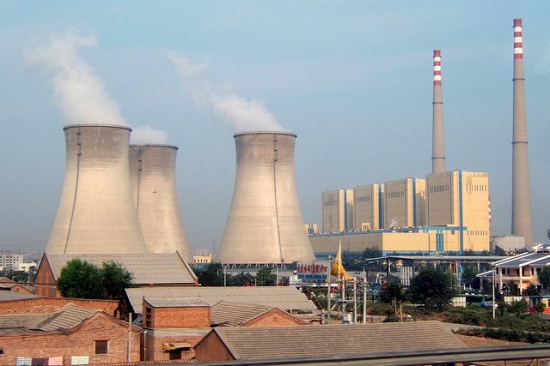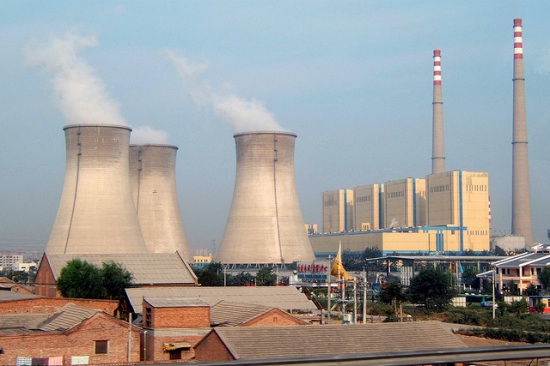
"China is currently in the process of building as many as 50 to 60 new nuclear plants by 2020; the vast majority will be the CPR-1000, a copy of 60's era Westinghouse technology that can be built cheaply and quickly and with the majority of parts sourced from Chinese manufacturers," says this cable from the U.S. embassy in Beijing.
And according to that same cable, 100 percent of those reactors lack the passive safety systems available in more-advanced reactors made by GE and Westinghouse. Passive safety assures that if a plant loses power or is hit by some kind of natural disaster, it will shut down on its own without endangering millions of people, Fukushima-style.
Why would China do something so foolish, aside from the fact that the older tech is cheaper? Apparently it has something to do with being a command economy.
With the exception of the bidding process that resulted in a contract for four Westinghouse AP1000 reactors, all reactor purchases to date have been largely the result of internal high level political decisions absent any open process. Even the Westinghouse decision was arguably a political one, which was quickly followed by subsequent non-competitive purchases of the competing French and Russian plants.
So, there you have it. In its rush to support its runaway growth, the Chinese government has committed to reproducing the worst mistakes of the Japanese nuclear industry. Good luck with that!
Photo of aging nuclear power plant just outside Beijing by Bret Arnett




